Is the use of CPAP forever?
Does your family or partner complain of continuous snoring? Do you feel tired when you wake up or do you wake up many times during the night?
If you answered yes, it is very likely that you suffer from sleep apnoea, the most common form of which is obstructive sleep apnoea, which accounts for 84 per cent of all sleep apnoeas.
But what is sleep apnoea? Well, it is a very common disorder in which breathing during sleep is interrupted or partially interrupted. Obstructive sleep apnoea is the most common type of sleep apnoea, affecting more than three men in 10 and almost one woman in five. Fortunately, we now have one of the most effective treatments for sleep apnoea. This is Continuous Positive Airway Pressure (CPAP), a device consisting of a mask that continuously supplies air to the patient and allows them to keep their airway open.
Is the use of CPAP lifelong?
Sleep apnoea is a chronic, i.e. lifelong condition. Although some patients may experience an improvement, health professionals recommend that CPAP should never be discontinued, as it has a very positive effect on the lives of sleep apnoea patients, even helping to limit the risk of certain cardiovascular diseases such as heart failure, but also type 2 diabetes, obesity or hypertension.
Although some patients find it difficult to adapt to CPAP at first, they gradually get used to it and soon begin to notice its advantages. Reduced snoring, increased vitality and restfulness, and improved moods are just some of the benefits that CPAP will bring to sleep apnoea patients and their families. In addition, the use of these devices does not affect lifestyle at all.
While it is true, there are patients who with proper diet and lifestyle improvements can reduce their apnoea and snoring to almost non-existent levels. This happens when sleep apnoea syndrome is closely linked to obesity and overweight. In other cases, when the apnoea is more related to a person’s anatomical factors, such as the size of the tongue or shape of the roof of the mouth, it may be more complicated for the apnoea to go away on its own; or even never go away at all.
How do I know if I have sleep apnoea?
If you don’t know yet, but you suspect it, or your family or partner is alerted by continuous snoring, you may have sleep apnoea. How do you know? First of all, you should consult your doctor, who will recommend tests to detect it. There are two types, respiratory polygraphy, which is carried out in the patient’s own home, or polysomnography, which is carried out by medical staff in a hospital or sleep centre, after fitting sensors to monitor sleep. Respiratory polygraphy is a more convenient test, as it is the patient who inserts the sensors in their own home following the instructions of the health professionals.
If either of these two tests is positive, it is very likely that our doctor will prescribe a CPAP. It is very important that, in order to adapt to it as quickly as possible, we find the mask that suits us best. In addition to the mask, the CPAP consists of tubing, the treatment set and the humidifier. Our doctor or our device supplier will always advise us on what to do and what not to do in order for us to set up the equipment in the best possible way.
Terapia CPAP Portugal
Latest posts by Terapia CPAP Portugal (see all)
- Sleep apnea with other illnesses - 21 de July de 2023
- What is an oxygen concentrator and what is it for? - 23 de June de 2023
- Sleep apnea machine - 5 de December de 2022
- Difference between CPAP and BIPAP - 22 de November de 2022
- Narval CC mandibular advancement for sleep apnea - 14 de November de 2022









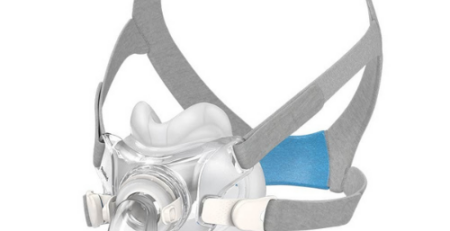
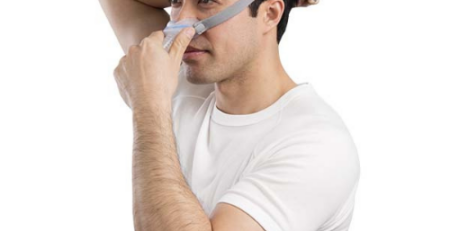
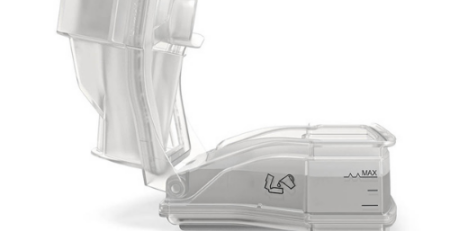
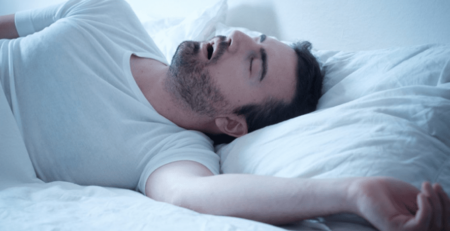
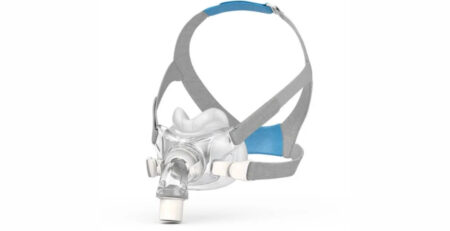

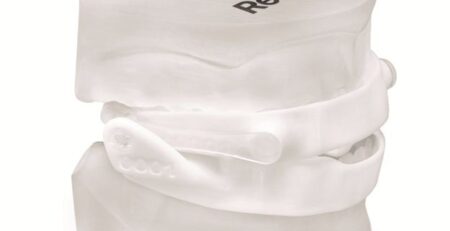

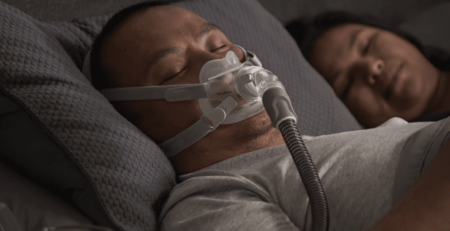
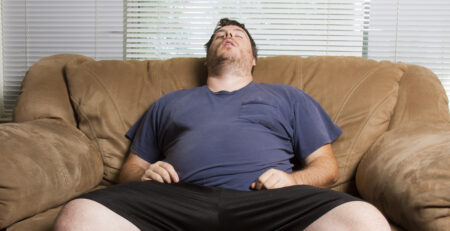

Leave a Reply